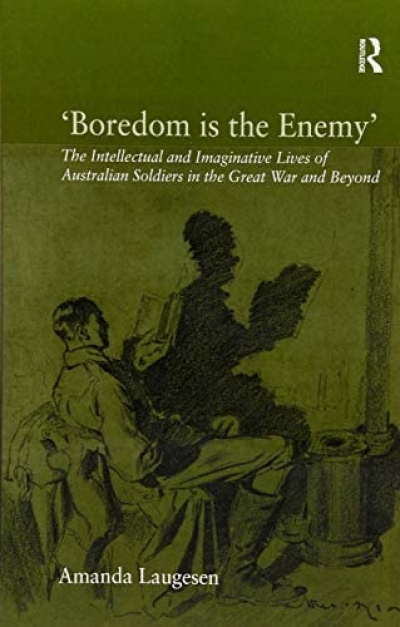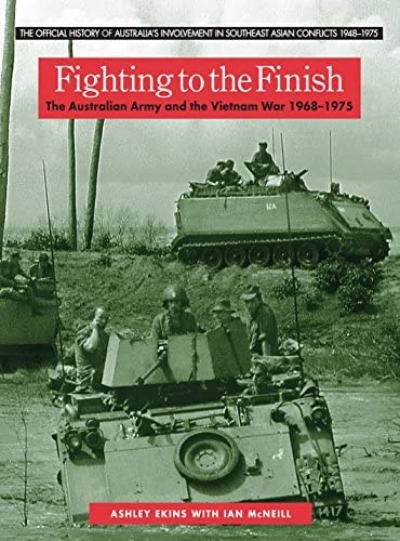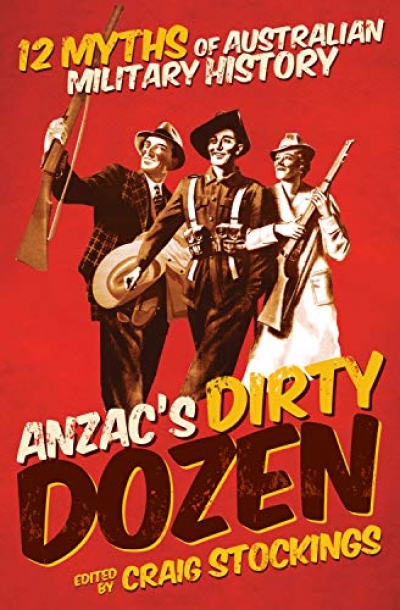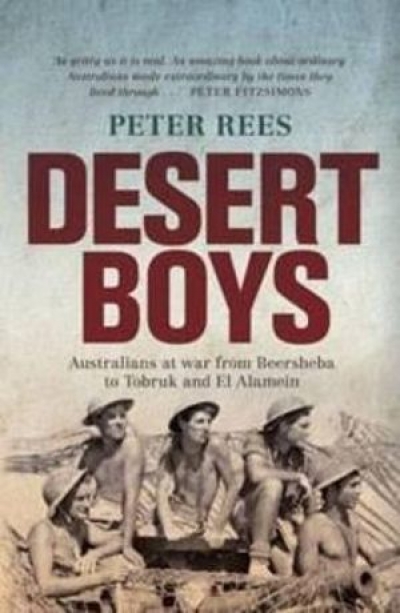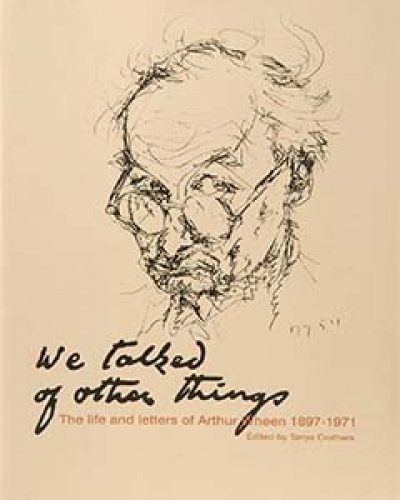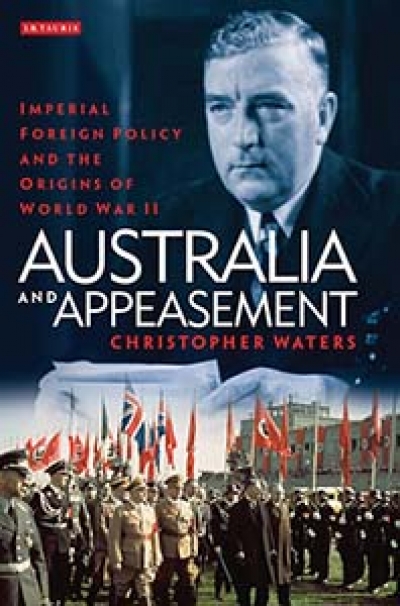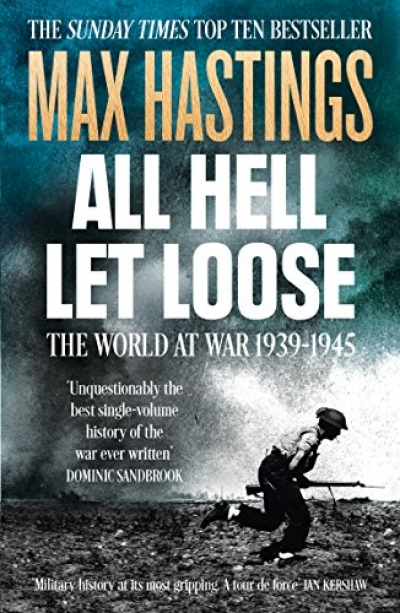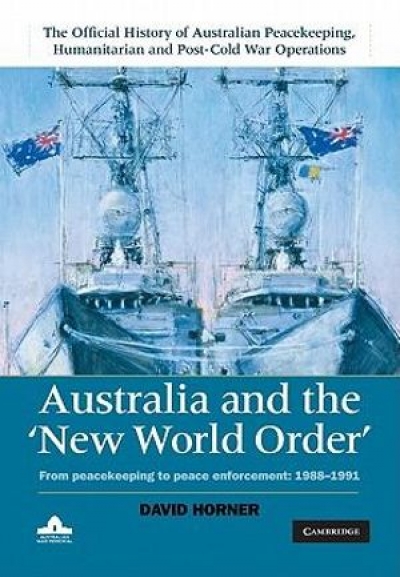Military History
Boredom is the Enemy: The Intellectual and Imaginative Lives of Australian Soldiers in the Great War and Beyond by Amanda Laugesen
by Craig Wilcox •
The Battle for the Arab Spring: Revolution, Counter-Revolution and the Making of a New Era by Lin Noueihed and Alex Warren & Libya: The Rise and Fall of Qaddafi by Alison Pargeter
by Peter Rodgers •
Fighting to the Finish: The Australian Army and the Vietnam War 1968–1975 by Ashley Ekins, with Ian McNeill
by Greg Lockhart •
Anzac’s Dirty Dozen: 12 Myths of Australian Military History edited by Craig Stockings
by Robin Prior •
Desert Boys: Australians at war from Beersheba to Tobruk and El Alamein by Peter Rees
by Craig Wilcox •
We Talked of Other Things: The life and letters of Arthur Wheen 1897–1971 edited by Tanya Crothers
by Graeme Powell •
Australia and Appeasement: Imperial foreign policy and the origins of World War II by Christopher Waters
by Stuart Macintyre •
All Hell Let Loose: The World at War 1939–1945 by Max Hastings
by Robin Prior •
The Penguin Book of Australian War Writing edited by Mark Dapin
by David Day •

